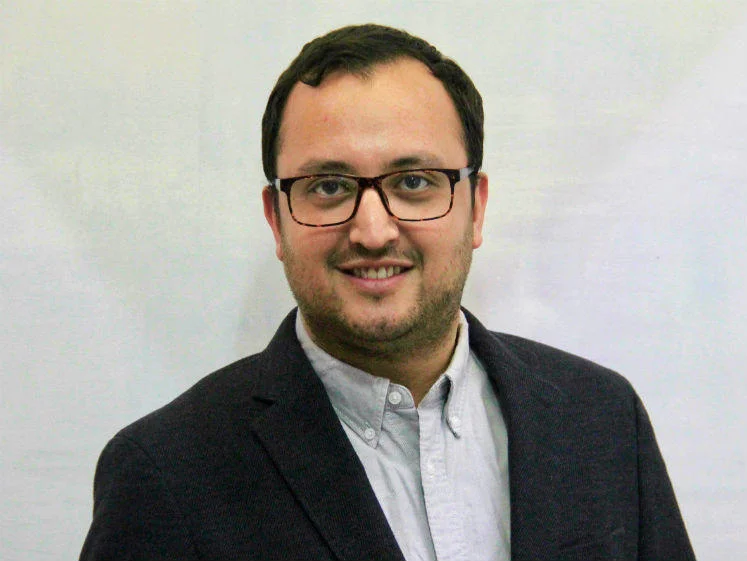Q&A with Eduardo Ibarra-Olivio
Eduardo is studying for a PhD in Economic Geography from the Department of Geography & Environment
Read about his research and its impact, career goals and what it's like to study at LSE
Doing a research programme at LSE means [...] being supervised by academics leading in their areas.

What are you currently researching?
For some years now I have been investigating topics pertaining regional competitiveness, productivity and development across sub-national regions in Mexico.
My current research is centred on the activities of Multinational Enterprises via Foreign Direct Investment (FDI) and its effects on local economies.
In particular, I am studying the effects of foreign capital entry on wages, educational attainment, skill composition and development across Mexican municipalities.
What attracted you to this area of research?
Despite being an emerging economy, Mexico is still characterised by severe regional inequalities, as well as considerably low levels of educational attainment. Under these circumstances, foreign presence will tend to have disproportionate effects across sub-national regions.
As an economist, I have always been interested in economic development issues and their quantitative measurement using econometrics.
Finally, doing the MSc Local Economic Development, here at LSE, further deepened my interest in such an area of research.
How will your research improve or have a wider impact on society?
Under the current global context of increasing cross-border investments among territories over the world, FDI has played a prominent role in Mexico and its economic path.
In this context, increasing FDI inflows may have harsher consequences on vulnerable groups of the population. The evidence on the regional effects of multinational activity on economic outcomes remains inconclusive for the Mexican case.
I hope to contribute with my research both to the empirical literature on FDI and the policy-making process.
What do you hope to do career-wise, long term?
Upon finishing my undergraduate degree in Mexico City, I began working as a Research Assistant while I was applying for jobs in the government. Instead, I ended up staying for two years, after which I decided to embark on an MSc programme.
By the end of that year I was sure that I wanted to do a PhD. After completing my doctoral studies, I hope to spend the following couple of years on a postdoctoral position. Doing a PhD was a rather unplanned event, however, today I am convinced academia is from where I am best able to contribute to the wellbeing of societies and I see myself as a professor in the long term.
What are your top three tips to prospective students on the most effective way to approach research and keep stress levels down?
Research is a most exciting endeavour due to the endless possibilities that lie ahead. However, it may turn out to be a frustrating activity sometimes.
My approach to research has significantly changed over the years. Today, I always try:
- breaking goals down to manageable and measurable tasks
- every so often, switching between reading, writing and data crunching, to gather perspective
- (most importantly!) having activities other than research, picking up hobbies and sports that help to clear one’s mind
What resources are available at LSE to help young researchers?
Attending conferences and academic events is crucial for young researchers to begin establishing networks within their field of research. LSE offers the possibility of applying for travel funds that help finance this academic mobility.
What do you enjoy most about studying at LSE?
Doing a research programme at LSE means being immersed in a most vibrant and international environment. Additionally, it also means being supervised by academics leading in their areas of research.